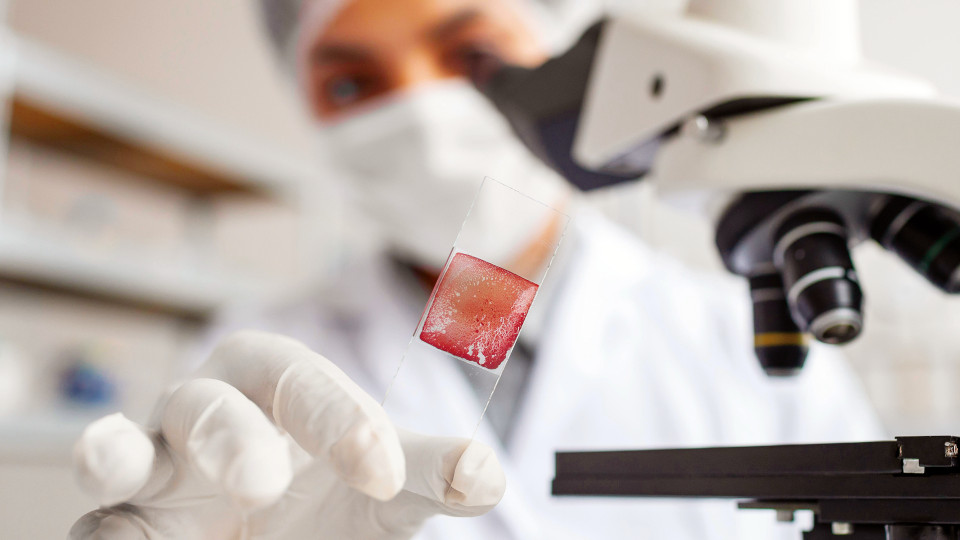
Spain: An overview over a sector that has proven to be strategic
After two years of unprecedented growth driven by the pandemic, investment attracted by Spanish biotech companies has stabilised, and they face significant challenges, positioning biotechnology as a strategic sector for Spain.
Biotechnological innovations define each society. Biotechnology is present in all aspects of one’s life, and the disruptive innovations it generates have a direct impact on social and economic well-being, as well as the preservation of the planet’s sustainability.
Deep tech is driving profound changes in the world through technologies such as advanced therapies, messenger RNA, the microbiome, precision nutrition, waste valorization, CRISPR, or advanced diagnostics, among others.
Spanish biotech-expansion
In recent years, biotechnology has demonstrated great potential in addressing global challenges such as the pandemic caused by Covid-19 through the development of vaccines. The health crisis has positioned biotechnology as a cornerstone of responses and actions in the face of the challenges on the horizon, as reflected in the current landscape of the biotechnology sector in Spain, which has undergone significant evolution over the past two decades.
During this transformative period, the Spanish biotechnology sector has grown from having around 50 companies to nearly 900 companies, following the 4.2% growth recorded in 2021. Over the last decade, an average of 48 biotech’ companies have been added to the expanding list annually. The Spanish biotech business landscape is predominantly composed of small and micro-enterprises, with a geographical distribution where Catalonia stands out as the leading region with 24.5% of biotechnology companies. Madrid follows with 17%, and Andalusia with 14%.
Human health is the primary area of activity for Spanish biotechs, accounting for over 50%, followed by food (39%), and, to a lesser extent, those engaged in activities related to agriculture and forestry production (15.4%).
Strong investments
In terms of investment, the situation in the biotechnology sector in Spain is positive. According to the figures gathered in the latest AseBio Report, Spanish biotechs attracted €142m in investment in 2022. After two years of unprecedented growth driven by the pandemic, the investment captured by Spanish biotech companies has stabilised following two years of record-breaking investments. Although the numbers indicate a decrease compared to the previous two years, they reflect sustained growth levels that exceed those recorded in the years before the onset of the health emergency.
In 2021, the impact on the GDP of biotechnology companies amounted to €11,183m, representing 1% of the GDP. That same year, Spanish biotechs increased their revenue by nearly 8%, surpassing €13,000m (1.1% of the total GDP).
In terms of employment, Spanish biotechnology companies contribute to 118,000 jobs. This figure represents 0.65% of total national employment. In 2021, biotechnology companies invested €1,038m in R&D, marking a 16% growth compared to the previous year. Biotech companies also stand out as the industrial sector with the highest percentage of researchers among the total workforce, at 14.62%. Studies conducted in Spain position the country as the ninth-ranking global power in biotechnological scientific production, making Spain a global leader in this field. This is demonstrated by the fact that Spanish biotechnology accounts for 2.6% of global production in the area and is cited 20% more than the worldwide average.
The talent surge
Talent is one of the key drivers of technological development. The AseBio 2022 Report confirms that an increasing number of Spanish students are looking to biotechnology for their future careers. Since the 2015-2016 period, the number of students enrolled in undergraduate or master’s biotechnology programs has increased by 25%. In the 2021-2022 academic year, the latest period with available data, there are over 8,900 students enrolled in master’s and undergraduate programs. Among these 8,900 students, the number of women enrolled in these programs continues to rise, with a 3% increase compared to the previous year, reaching 62%. In this regard, it’s worth noting that 60% of individuals working in biotechnology companies are women, and they make up 28.4% of the management teams in biotech companies.
The data presented in these lines demonstrate how biotechnology has established itself in Spain as a cornerstone due to the scientific potential it has made evident, as well as being a driver of economic growth and social well-being. Biotechnology is crucial, as was made obvious by the Covid-19 pandemic, but its position in Spain as the strategic sector it is must continue to be strengthened.
In this regard, one of the major challenges identified in the biotechnology sector is its recognition as a key sector for achieving the strategic autonomy of Spain and Europe. Spain needs to advance in developing a comprehensive government agenda that promotes deep tech industries like biotechnology, which are strategic in addressing economic, social, and environmental challenges.
To this challenge the issue of financing is added. While the figures presented are positive, it is essential to establish a fund for strategic deep tech that strengthens and maximizes the potential of the Spanish biotechnology industry. Spain must work to overcome the financial and industrial barriers that still exist and hinder the financing of biotech companies. Without a strong commitment to biotechnology at the national level, a sector that has proven to be strategic, we will continue to be vulnerable to future challenges.
This article was originally published in European Biotechnology Magazine Autumn Edition 2023.


 AseBio
AseBio
 Oncomatryx Biopharma S.L.
Oncomatryx Biopharma S.L.